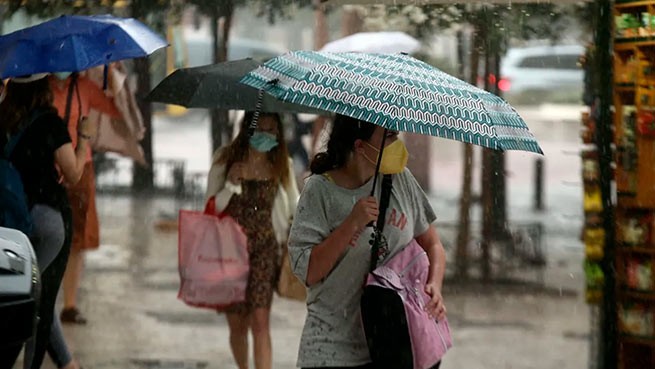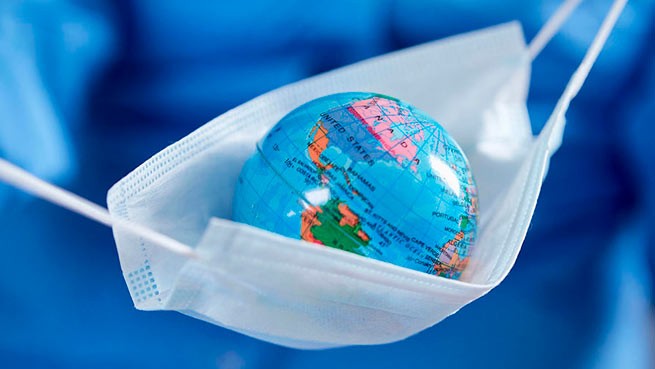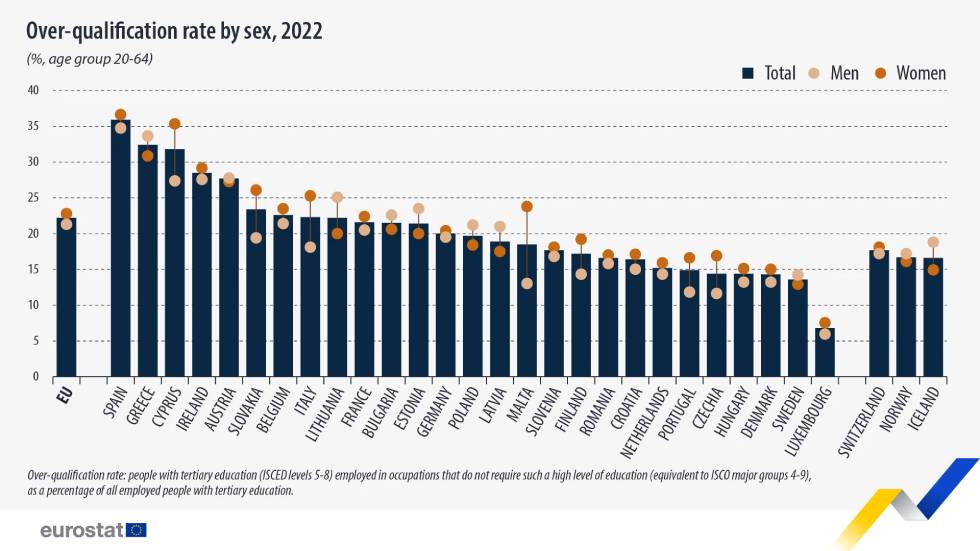Eurostat recently published data on employment and labor force skills in countries EU. Greece was also included in the analytical report.
In 2022, 75% (193.5 million) of people aged 20 to 64 in the EU were reportedly employed, the highest figure in 2009. The employment rate fell to 72% in 2020 due to the COVID-19 pandemic, but recovered to 73% in 2021 and increased further, by 2 percentage points, in 2022.
In 11 EU countries, the employment rate exceeded 78%. At the same time, in the Netherlands, the figure was 83%, and in Sweden and Estonia, 82% each. The lowest rates were recorded in Italy (65%), Greece (66%) and Romania (69%). It is noted that women are more professionally prepared than men.
In 2022 the level overqualification in the EU was 22%, of which 21% for men and 23% for women. Overqualification is when people with higher education are employed in professions that do not require such a high level of education.
Excessive qualification of an employee of a company is a situation in which a person has such a degree of development of his competencies that is not comparable with the position he occupies.
Because the 2023 is the European Year of Skills, these statistics, according to experts, are extremely important. Among EU countries, the level of over-specialization was highest in Spain (36%), followed by Greece and Cyprus (32% each). At the same time, the lowest rates were recorded in Luxembourg (7%), Sweden, Denmark, Hungary and the Czech Republic (14%).
In 19 of the 27 EU countries, women had higher levels of over-education than men, with the largest differences recorded in Malta (+11 percentage points), Cyprus (+8 percentage points), Italy and Slovakia (and two + 7 percentage points).
However, in eight EU countries, men had higher rates of overskilling: in Lithuania (+5 percentage points), Estonia and Latvia (+4 percentage points).







More Stories
Reduced fees for POS transactions, limited bank fees
Easter 2024: more expensive than travel, more modest table
Tourism: how much money foreign visitors spent in Greece